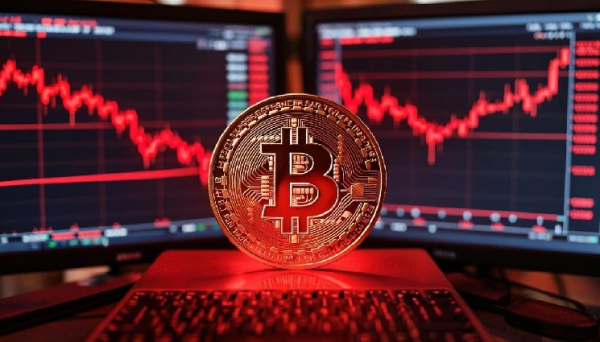The US National Bitcoin Reserve's audit has been delayed by more than six months.
 Wallets controlled by US authorities contain $22 billion in Bitcoin, but a significant portion of these funds may be returned to their previous owners.
Wallets controlled by US authorities contain $22 billion in Bitcoin, but a significant portion of these funds may be returned to their previous owners.
An audit of the US Strategic Bitcoin Reserve has yet to be conducted. The audit of the federal agencies' crypto assets, which will form the core of the reserve, was scheduled for April 5, 2025. However, 172 days later, no official data from the US Treasury Department or other agencies has been released, as reported by Protos.
In March 2025, US President Donald Trump signed an executive order establishing the Strategic Bitcoin Reserve—a national Bitcoin reserve. His order also established the so-called United States Digital Asset Stockpile—a fund for storing other digital assets confiscated by the government.
According to the order, each agency was required to submit a report to the Treasury Department within 30 days of its signing on the feasibility of transferring its bitcoin holdings to the reserve. No such reports are publicly available, Protos reports. Neither the Treasury Department, nor its secretary, Scott Bessent, nor the administration's special envoy for cryptocurrency, David Sachs, nor Trump himself commented on the progress of the work.
rbc.group
Initially, the strategic reserve concept envisioned the use of exclusively confiscated and seized assets. Administration representatives clarified that expanding the reserves would only be possible through “budget-neutral means,” meaning without direct government purchases of cryptocurrency.
According to the analytics firm Arkham, publicly tracked wallets controlled by US authorities hold approximately 200,000 bitcoins (worth over $22 billion at the time of publication). However, only a portion of these assets have been permanently seized. According to the document, the US Marshals Service holds only 28,988 BTC. The remaining funds remain under seizure and may be returned to their rightful owners by court order.
Specifically, the issue concerns cryptocurrency linked to the 2016 Bitfinex hack, in which 119,754 BTC were stolen. The FBI later seized some of the stolen coins from the defendants, and in January 2025, a U.S. court ordered their return to Bitfinex, as the sole recognized victim. The exchange previously compensated its clients for losses and is now awaiting the return of the remaining assets.
In August, US Treasury Secretary Scott Bessent told Fox Business that the government had no plans to purchase cryptocurrency to replenish its reserves. He confirmed that the reserve would be formed exclusively from confiscated assets, which he estimated at $15–20 billion. There are also no plans to sell them.
In the same interview, Bessent added that he sees no need to revise the country's gold and foreign exchange reserves. The US, he said, will continue to hold gold as a store of value.
Source: cryptonews.net



